Like a Dragon Gaiden on PlayStation 5
It’s not very often that a game leaves me frustrated and genuinely entertained in equal measure, but that’s exactly what Like a Dragon Gaiden: The Man Who Erased His Name achieves.
For every spat of gameplay segments that left me feeling exhausted and irritated, there was something to bring me back into the narrative. Each repetitive fight was followed by a fantastic boss battle, and lackluster side stories were matched by ones which did justice by the series’ reputation.
Suffice to say, Like a Dragon Gaiden: The Man Who Erased His Name is not a perfect game. But it is one which fans will find something to appreciate from, and one that holds a few moments that feel like the Yakuza and Like a Dragon series at its best.
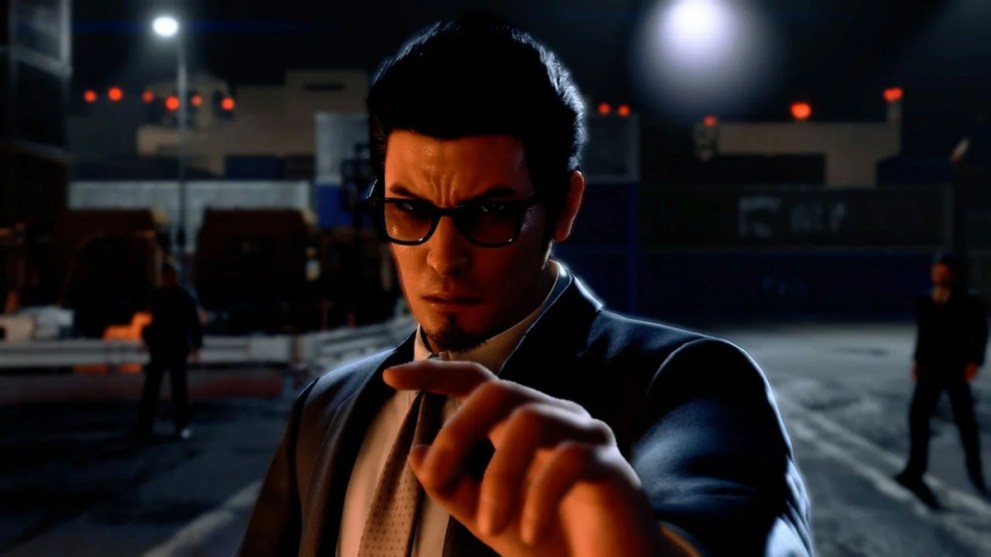
Most of this is thanks to the story. Set just before and during the events of Yakuza: Like a Dragon, it provides a view of what Kiryu did after he faked his own death at the end of Yakuza 6. Aided by a shadowy organization called the Diadoji, he successfully erased most evidence of his continued existence from the world in exchange for helping them continue their covert activities.
As one would expect at this point though, things don’t go as planned and the Dragon of Dojima is drawn back into the world of manly sacrifices, shirtless brawls, and wide-reaching plots; specifically, in Sotenbori. This time though, the plan is that of Daigo and Watase, wherein they need the help of the most legendary Yakuza to disband the Omi Alliance and Tojo Clan for good. In the end, Kiryu agrees to help, signing on for yet another “last hurrah” within the criminal underworld he can never let go of.
While a little more constricted due to the fact that it’s a prequel, this narrative is much more compact and focused than those found in other Yakuza games. The game gets right to setting the stage for its initial premise and then hurtles toward a pre-determined outcome, doing its best to weave an interesting tale via a few new characters and some wild worldbuilding before wrapping things up in five bulkier chapters so that the stage is set for Like a Dragon: Infinite Wealth.
It definitely leaves the core experience feeling short compared to the rest of the series, but this minimal story runtime also made the biggest moments from the story more impactful. I was just as invested in the final fight and a few heart-wrenching scenes as I would have been if I’d spent 60 hours going through the plot versus 20 hours, and was thankful for the less intensive time requirement tied to completing the game.
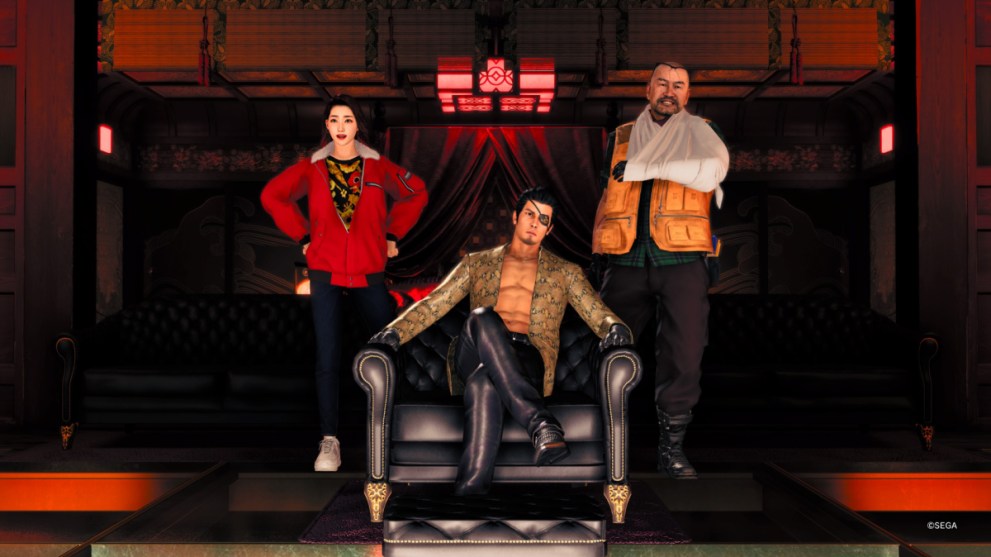
Of course, the main plot isn’t the only thing Like a Dragon Gaiden: The Man Who Erased His Name offers to players. There are a host of the usual minigames and side activities for players to find throughout Sotenbori, from gambling and fighting street thugs to competing in a new Coliseum. Doing so nets one resources they can use to level up, and otherwise offers some fun and wacky side stories to get lost in.
The key word there, however, is some. Being a more compact experience, there isn’t quite as much variety in what players can find off the beaten path. Most of the Coliseum challenges blur together pretty badly, and the fights with random thugs in the streets become downright bothersome once you reach a certain ability threshold.
Even the Substories in this one are pretty lacking, though they’re technically not even in the same category as the usual offshoot tales the series is known for. Framed as Requests for help from other citizens of Sotenbori, these side quests aren’t found naturally throughout the game’s world and instead need to be unlocked and accepted via the new information broker Akame.
This means players need to constantly check in with her if they want to take part in more substantive story content, breaking up what is usually a pretty natural exploration of the environment. It’s pretty tiring, and is made worse by the fact that said side missions feel a little half-baked and rarely stand out as worthwhile distractions for players to take part in.
Save for those looking to complete the game, most will probably dip their toes into these distractions before moving onto the meat of the experience, ignoring the rest unless absolutely necessary.
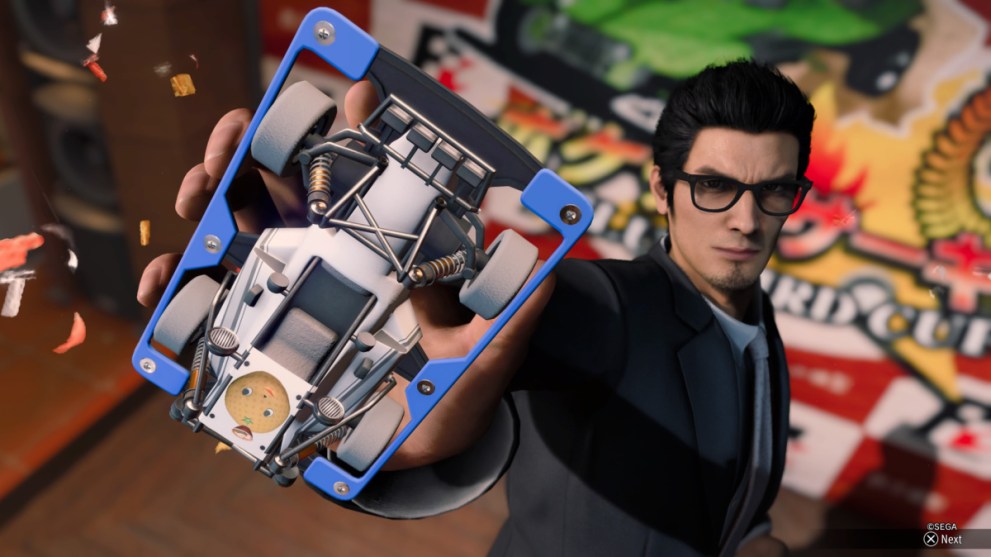
But then, that might be for the best, as the core gameplay mechanics and design elements of Like a Dragon Gaiden: The Man Who Erased His Name are sound. The combat is about what one would expect, offering tight combo-based melee battles. Kiryu’s trademark Brawler style returns as the Yakuza Style, and is joined by the new Agent Style which utilizes quick hits and gadgets.
Both are fun enough to play, and the latter feels like a worthwhile addition to the growing staple of techniques Kiryu has utilized across the series. While goofy, it’s undeniably fun to call in a swarm of drones or toss enemies off of a bridge using a glowing spy-tech wire, and it kept me interested in the combat long after I’d dug into the admittedly shallow pool of ways to utilize it in the game world.
The audio and visual design, meanwhile, is as impeccable as ever. The graphics bring both the characters and setting to life, with small details popping out thanks to the hyper-realistic style utilized by developer Ryu Ga Gotoku Studio. The voice acting is top-notch, and the music either accompanies the action perfectly or sets the mood with more mysterious and somber tones.
While it might not be among the best entries in the series, there’s still enough to Like a Dragon Gaiden: The Man Who Erased His Name that makes it worth playing. Those willing to work around some bare bones design and frustrating quality of life issues will find a compact but necessary entry in the saga of Kazuma Kiryu, and will be that much more excited for the next true entry in the franchise.
- Story is well done despite shorter runtime
- New combat style is entertaining
- Audio and visual presentation is high grade
- Core gameplay loop gets repetitive fast
- Side quests aren't worthwhile
- Quality of life issues can hamper enjoyment

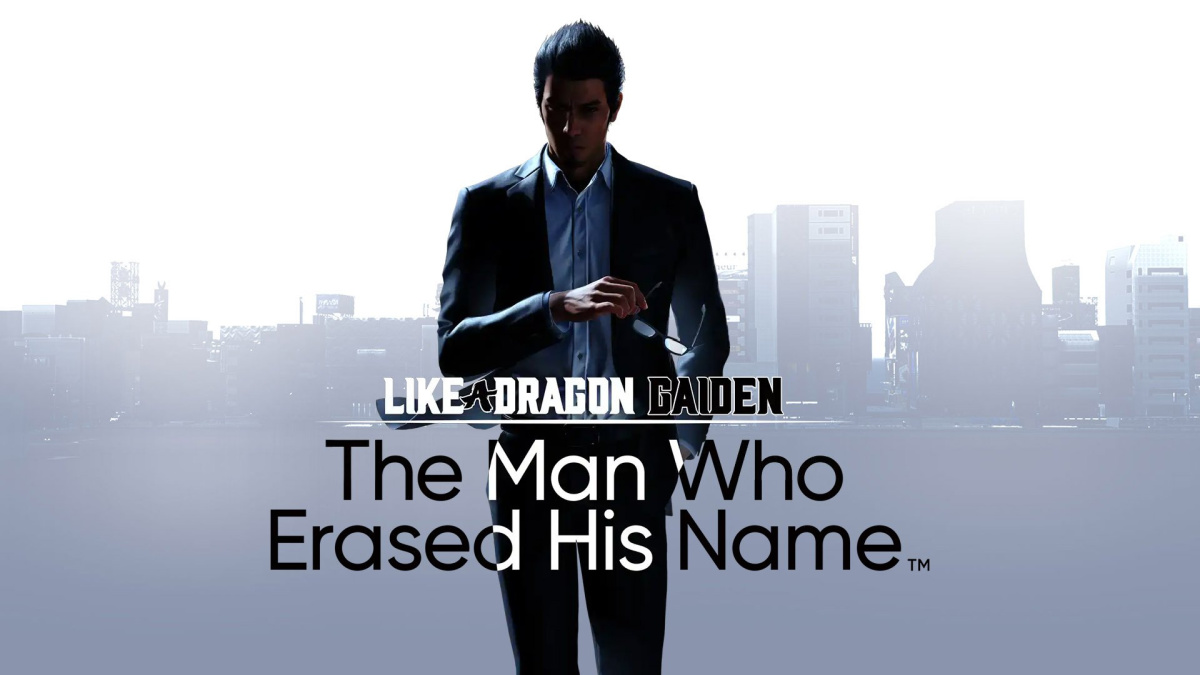








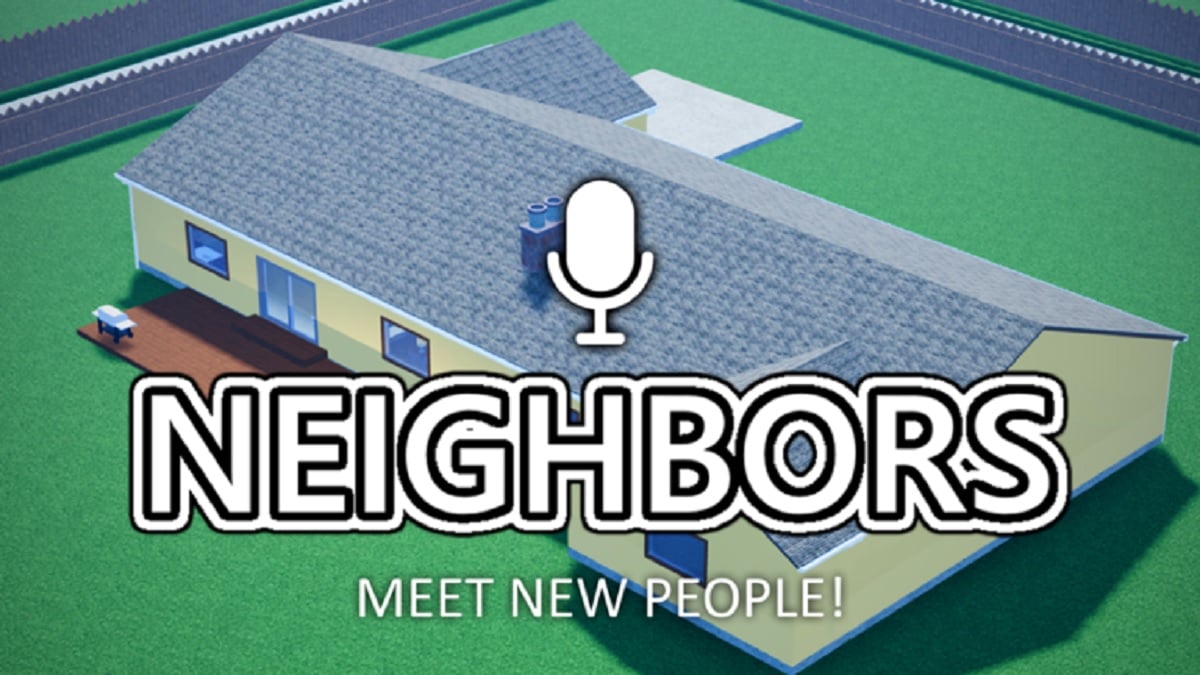

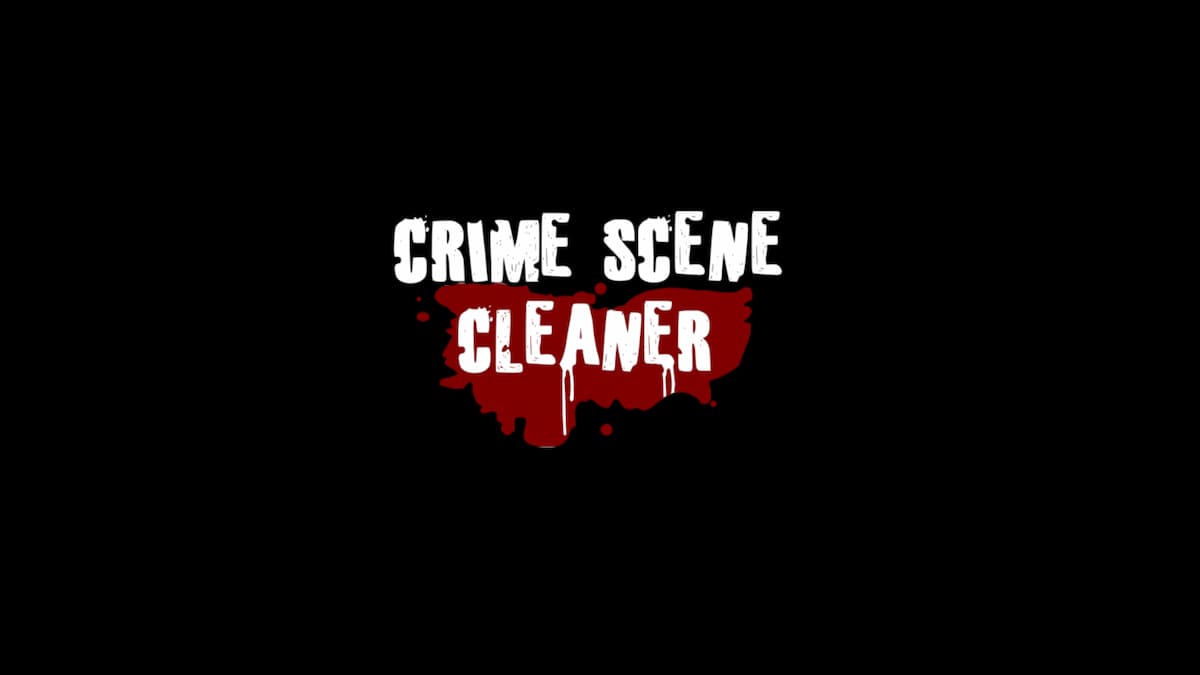
Updated: Nov 7, 2023 04:39 pm